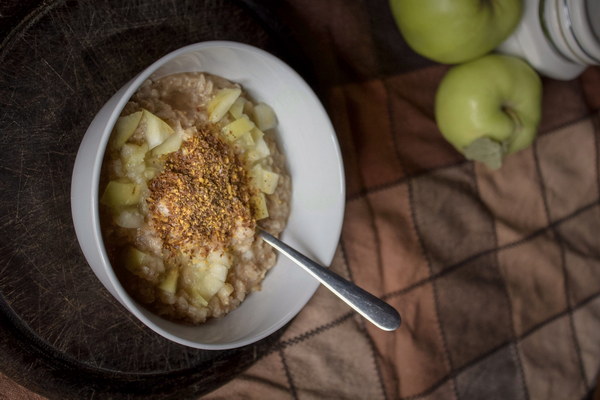Natural Remedies and Medications for COPD How to Nourish and Cleanse Your Lungs
Chronic Obstructive Pulmonary Disease (COPD) is a progressive lung disease that makes it difficult to breathe. It is characterized by the obstruction of airflow from the lungs, which can be caused by various factors such as smoking, air pollution, and genetic factors. While there is no cure for COPD, managing the symptoms and slowing down the progression of the disease can significantly improve the quality of life for patients. This article will discuss natural remedies and medications that can help nourish and cleanse your lungs to alleviate the symptoms of COPD.
1. Medications for COPD
a. Bronchodilators: These medications help to open up the airways and improve airflow. They are typically inhaled and can be categorized into short-acting and long-acting bronchodilators. Short-acting bronchodilators, such as albuterol, are used for quick relief of symptoms, while long-acting bronchodilators, such as tiotropium, are used for long-term control of symptoms.
b. Inhaled Corticosteroids: These medications help reduce inflammation in the airways and can be used in combination with bronchodilators. Examples include fluticasone and budesonide.

c. Phosphodiesterase-4 Inhibitors: These medications, such as roflumilast, help reduce the inflammation in the airways and can also improve lung function.
d. Long-acting Muscarinic Antagonists (LAMAs): These medications, such as umeclidinium, reduce the amount of mucus produced in the airways and improve airflow.
2. Natural Remedies for COPD
a. N-acetylcysteine (NAC): NAC is a supplement that can help reduce the production of mucus and improve lung function. It also has antioxidant properties that can help protect the lungs from damage.
b. Turmeric: Turmeric contains curcumin, which has anti-inflammatory properties and can help reduce lung inflammation.
c. Omega-3 Fatty Acids: Omega-3 fatty acids, found in fish oil, have been shown to improve lung function and reduce the risk of COPD exacerbations.
d. Vitamin D: Vitamin D is essential for maintaining healthy lungs and can help reduce the risk of COPD exacerbations.
e. Herbs: Certain herbs, such as eucalyptus, peppermint, and thyme, can help clear the lungs and reduce inflammation. These can be inhaled as essential oils or used in steam inhalation.
3. Nourishing and Cleansing Your Lungs
a. Hydration: Staying hydrated is crucial for maintaining lung function. Drinking plenty of fluids helps thin the mucus, making it easier to cough up and reduce the risk of infection.
b. Breathing Exercises: Regular practice of breathing exercises can improve lung function and help clear the lungs of mucus. Techniques such as pursed-lip breathing and diaphragmatic breathing can be beneficial.
c. Avoiding Triggers: Identifying and avoiding environmental triggers, such as smoke, dust, and pollen, can help reduce the frequency and severity of COPD exacerbations.
d. Nutrition: A well-balanced diet rich in fruits, vegetables, and lean proteins can help support lung health. Foods high in antioxidants, such as berries and dark leafy greens, can help protect the lungs from damage.
In conclusion, managing COPD involves a combination of medications, natural remedies, and lifestyle changes. By using a combination of these strategies, patients can nourish and cleanse their lungs, alleviate symptoms, and improve their overall quality of life. It is important to consult with a healthcare professional before starting any new treatment or making significant changes to your lifestyle.









